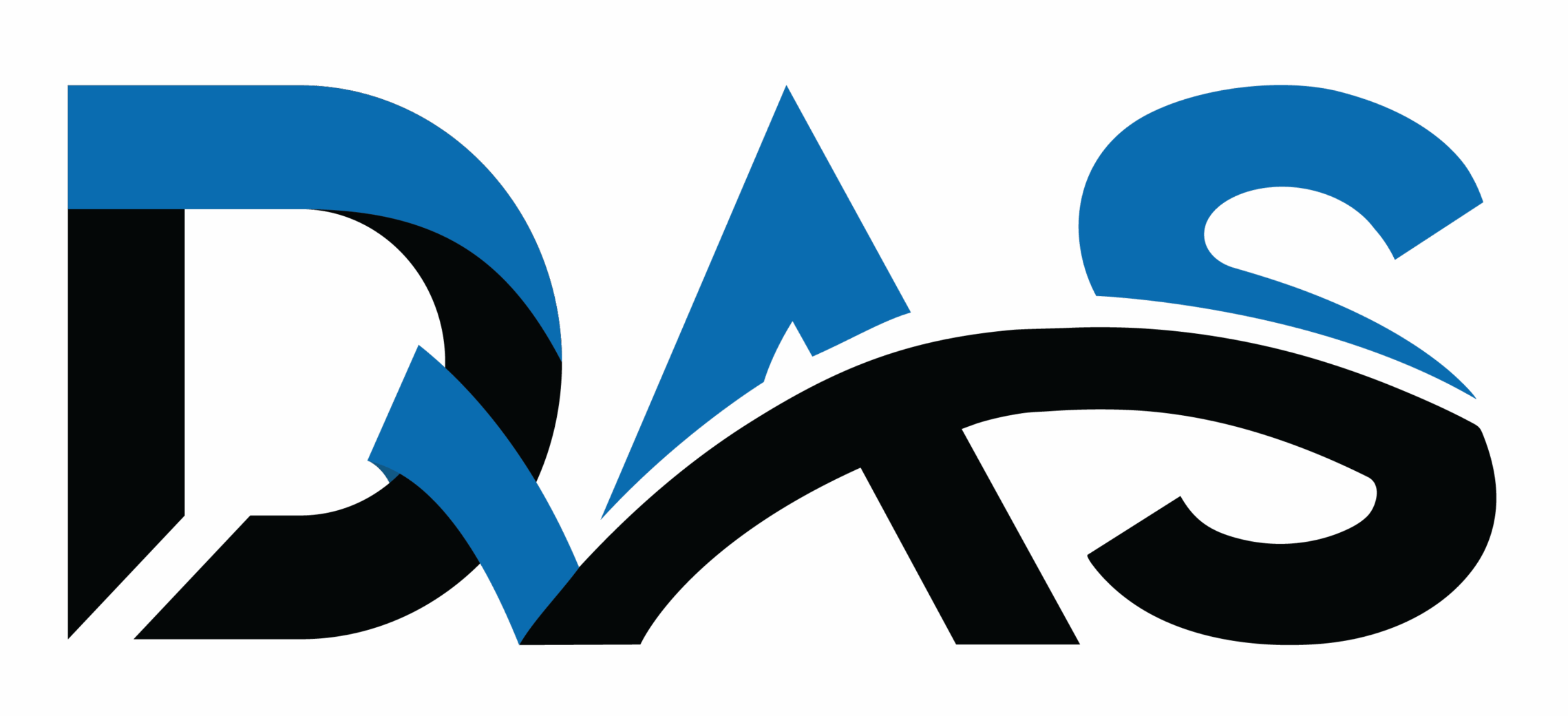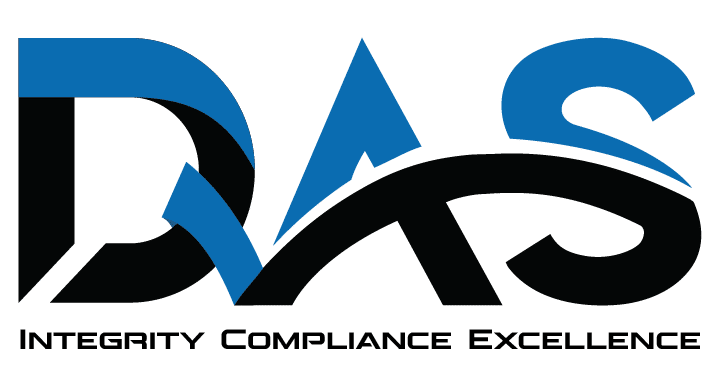Riggers Training
Riggers Training is a structured safety and competency program designed to educate individuals who are responsible for preparing, securing, and directing loads during lifting and hoisting operations. Riggers play a crucial role in ensuring safe, balanced, and efficient load handling in construction, manufacturing, ports, shipyards, oil & gas, and heavy industry sectors.
Properly trained riggers help to:
- Prevent load drops and crane failures
- Maintain compliance with lifting regulations
- Improve worksite safety and efficiency
- Reduce equipment damage and injuries
Basic Requirements for Riggers Training
✅ Regulatory & Industry Standards
Training must be conducted in accordance with:
- LEEA Guidelines (Lifting Equipment Engineers Association)
- OSHA 1926.251 / 1910.184
- ISO 23853 (Lifting personnel training)
- National and employer-specific safety policies
✅ Duration
- Basic Rigger Level I: 1–2 days
- Intermediate/Advanced Rigger: 3–5 days
- Refresher courses are also available for previously trained riggers.
✅ Documentation
- Training record with:
- Attendance log
- Course content outline
- Written/practical exam results
- Certificate of completion or competency
Who Should Attend Riggers Training?
This training is designed for:
- Newly hired riggers
- Current riggers needing certification or re-certification
- Crane crew members, signal persons, and rigging assistants
- Maintenance staff involved in lifting tasks
- Supervisors or engineers overseeing lifting operations
Participants must:
- Be at least 18 years old
- Be medically fit
- Have basic communication skills
- Preferably have basic knowledge of lifting environments
Prerequisites for Trainers
A qualified rigger trainer must:
- Be certified or approved by a recognized organization (e.g., LEEA, OSHA-authorized trainer, etc.)
- Have practical experience in rigging and lifting operations
- Be competent in:
- Load calculations
- Rigging gear selection and inspection
- Slinging techniques and lifting plan development
- Be trained in instructional techniques, adult learning principles, and risk management
How to Assess the Training & Capabilities of Riggers
🔍 Pre-training Assessment:
- Evaluate existing knowledge or experience of trainees
📝 Written/Oral Examination:
- Conduct a final written test to assess understanding of:
- Load limits
- Sling types
- Rigging signals
- Risk controls
- Equipment selection
🛠️ Practical Evaluation:
- Hands-on performance assessment involving:
- Slinging and load securing
- Communication and hand signals
- Hazard identification during lifting
- Equipment inspection and tagging
📋 Competency Verification Checklist:
- Visual and behavioral checklist for:
- Safe practices
- Use of PPE
- Team coordination
- Communication skills
📄 Certification:
- Upon successful completion, issue a Certificate of Competency valid for a defined period (typically 2–3 years)
Services Offered by DAS Certification (Private) Limited
DAS Certification (Pvt.) Ltd., a Full Member of LEEA UK and a recognized inspection and training body, provides high-quality rigger training services.
✅ Types of Riggers Training Programs
- Basic Rigger (Level I)
- Intermediate / Advanced Rigger
- Rigging Inspector Awareness Training
- Signal Person Training
- Customized Rigger Training for oil & gas, marine, construction, and manufacturing sectors
✅ Training Features
- Delivered by LEEA-trained instructors
- Blended approach (classroom + hands-on)
- Real-life rigging gear used during practical sessions
- Tailored to client’s equipment and lifting conditions
✅ Certification & Compliance
- Competency-based certification
- Training records and logs for audits
- Support in achieving compliance with client and regulatory requirements
✅ Additional Services
- Rigging gear inspection and certification
- Development of rigging plans and lifting procedures
- Support in lifting operation risk assessment
- Annual refresher courses and re-evaluation
Benefits of Choosing DAS Certification for Riggers Training
- Backed by LEEA UK full membership
- Trainers with field expertise and regulatory knowledge
- Training meets OSHA, ISO, BS EN, and ILO standards
- Enhances workplace safety culture
- Reduces accidents and downtime
- Recognized by international contractors and regulatory bodies

